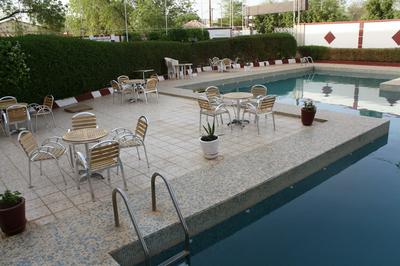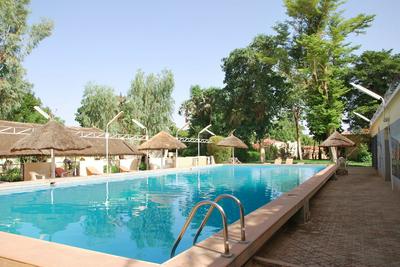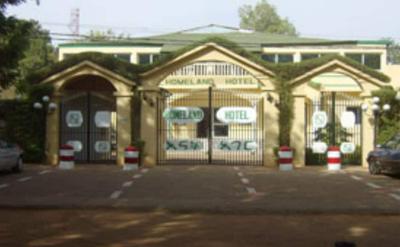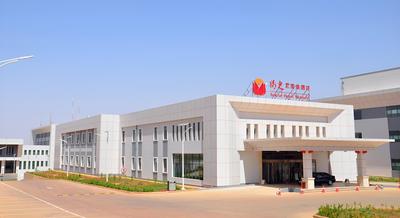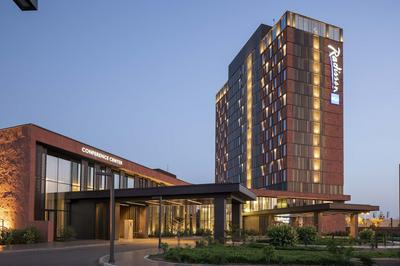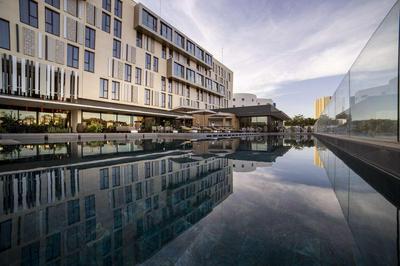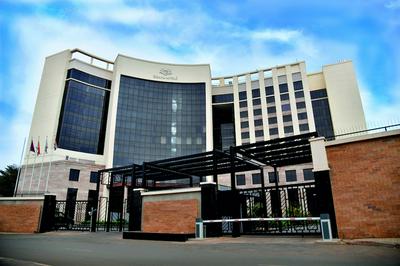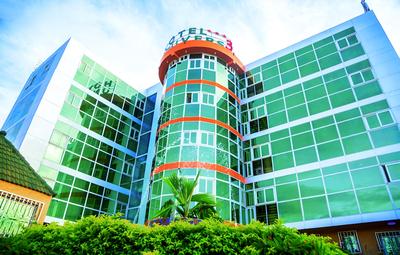When to visit Niger during the year?
Niger experiences a hot, arid climate with two distinct seasons: a dry season from October to May and a rainy season from June to September. The ideal time to visit is between November and February when temperatures are cooler, making outdoor activities more enjoyable. The towns of Niamey and Agadez are particularly popular in winter months, with visitors eager to explore the rich cultural heritage and stunning landscapes. In contrast, summer sees higher temperatures, which can reach up to 45°C (113°F), but it’s also the time when the annual Festival of the Desert occurs, attracting visitors seeking cultural immersion.
How to get to Niger?
Traveling to Niger can be an adventure in itself due to limited transport options. However, major incentives await at your destination. Niamey, the capital, serves as the primary hub for entering the country.
- Main airport: Diori Hamani International Airport (NIM) in Niamey connects to major continents through various airlines.
- International routes include flights from Paris (CDG), Istanbul (IST), and Lagos (LOS), serving as significant gateways.
- Popular airlines include Air France and Turkish Airlines, with indirect connections from other continents.
- Main bus stations are located in Niamey and other major cities.
- Buses connect Niger with neighboring countries including Nigeria, Mali, and Burkina Faso.
- Niger has no international train services; however, domestic travel is available primarily through bush taxis.
- Primary highways include Route Nationale 1 connecting Niamey to major borders.
- From Mali: approximately 500 km, from Nigeria: around 150 km.
- Road conditions can vary, and travelers should be aware of possible tolls.
Tourist activities in Niger
Niger is a country rich in cultural experiences, natural beauty, and adventure. Here are some top activities categorized by theme:
- Cultural Exploration: Visit the stunning ancient city of Agadez, a UNESCO World Heritage Site known for its unique architecture and vibrant market life.
- Desert Adventures: Explore the Sahara Desert with camel treks and discover the surreal landscapes of the Tenere desert.
- Wildlife Watching: Head to the W National Park for a chance to see diverse wildlife including elephants, lions, and antelopes in their natural habitat.
- River Activities: Enjoy fishing or simply relaxing by the banks of the Niger River, which is vital for the ecosystem and local life.
Each region offers something unique, ensuring travelers find their niche in this captivating country.
Accommodation in Niger
Niger offers varying accommodation options, from budget lodgings to mid-range hotels. In Niamey, travelers can find hotels like Hotel Nirvana or Hotel Gaweye, ranging from $50 to $100 per night. For those seeking a unique experience, consider staying in traditional desert camps when exploring the Sahara. Prices can scale significantly during high tourist seasons, so booking in advance is advisable. Alternatively, guesthouses may provide a more authentic experience at lower rates, typically around $20-30 per night.
Food in Niger
Nigerian cuisine is influenced by the diverse cultures within the country, offering dishes that are both hearty and flavorful. Staple foods include millet, rice, and beans, often accompanied by spicy sauces. 'Jollof rice' with chicken is a must-try, while 'to' (a type of porridge) is a local favorite served with 'sauce d'arachide' (peanut sauce). Street food options are plentiful, and a meal typically costs around $2-5 at local eateries. For a taste of local hospitality, don’t miss out on dining in family-run establishments that serve authentic dishes.
Important numbers and information
- Emergency Services: Police: 17, Ambulance: 15, Fire Brigade: 18
- Embassy Contacts: U.S. Embassy: 18 Rue Karamoko Amadou, Niamey
- Airports: Diori Hamani International Airport (NIM), Niamey
- Currency: West African CFA Franc (XOF); cash preferred
- Visa/Passport Regime: Visa required for many nationalities; check with local embassy
What to see in Niger?
Niger hosts a plethora of attractions that showcase its unique heritage and stunning landscapes:
- Niamey: The capital city is worth visiting for its markets and the National Museum, which offers insights into the country’s history.
- Agadez: Famous for its stunning architecture and the nearby Aïr Mountains, it’s a hub for experiencing Tuareg culture.
- W National Park: This UNESCO World Heritage site is a haven for wildlife enthusiasts.
- Tenere Desert: Experience breathtaking sand dunes and the tranquility of the Sahara.
- The Niger River: Picturesque and vital for local life, the river is perfect for leisurely activities.
History, geography and climate
Niger's history is marked by significant civilizations such as the Songhai Empire, followed by colonial rule and independence from France in 1960. Geographically, it’s largely desert with the Sahara covering over 80% of the land. The Niger River is a key feature, providing life to the otherwise arid landscape. Climate-wise, Niger experiences extreme heat, with average summer temperatures reaching high levels, while winter remains mild. Rainfall occurs mainly during the months of June to September, influencing local lifestyles and agriculture.
Population and culture
Niger has a population of about 24 million, with several ethnic groups including the Hausa, Zarma, Tuareg, and Fulani. French is the official language, while indigenous languages such as Hausa and Zarma are widely spoken. The country is predominantly Muslim, with rich cultural traditions exemplified in vibrant festivals, music, and dance. Holidays such as Eid al-Fitr and the Cure Salée festival celebrate local heritage, bringing communities together. The unique handicrafts, including traditional textiles and pottery, reflect the artistic spirit of Niger’s people.

